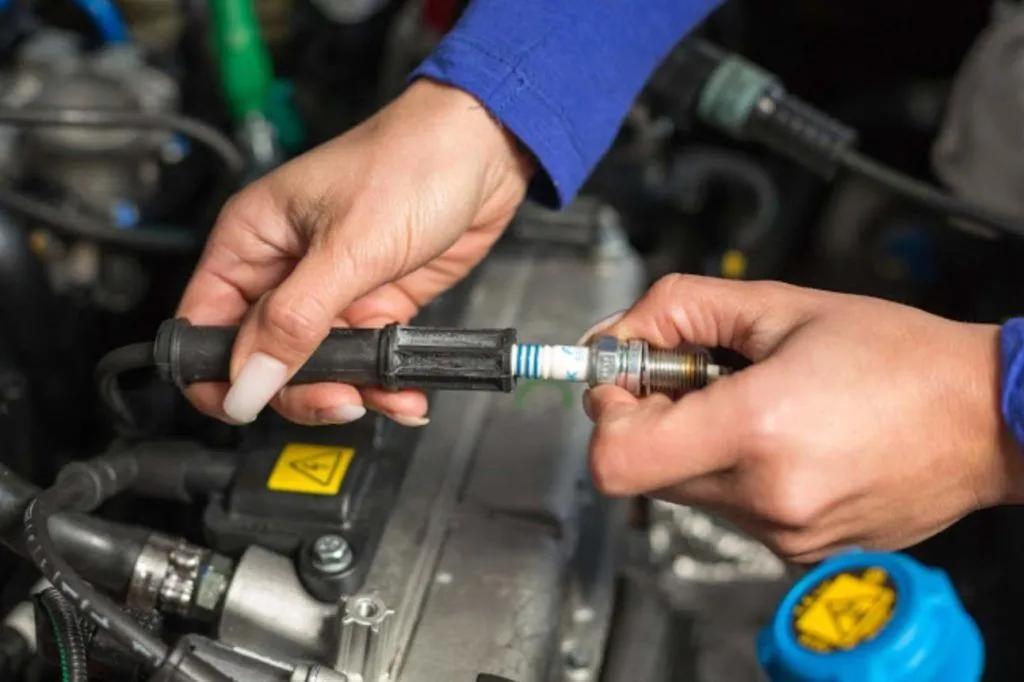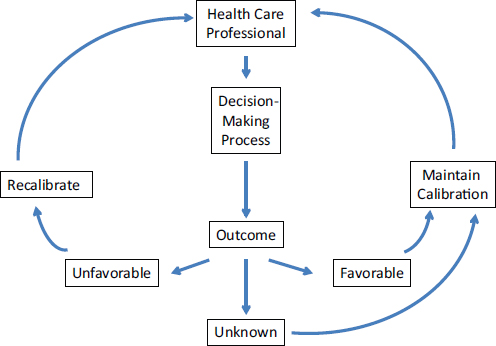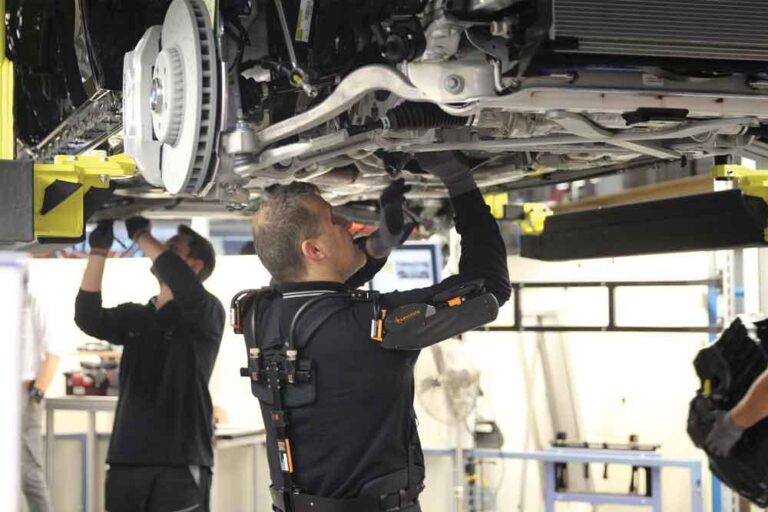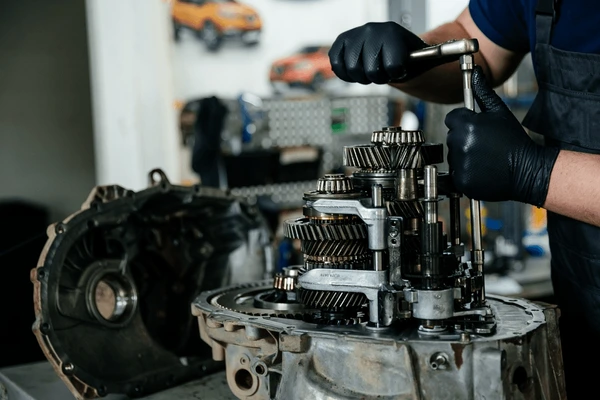2013 Ford Explorer Jerk When Accelerating?
If your 2013 Ford Explorer jerks when accelerating, it can be a sign of a problem that needs attention. This issue can happen due to clogged fuel injectors, a dirty air filter, worn-out spark plugs, or low transmission fluid. These problems affect how your car runs and can make driving uncomfortable. Fixing the cause early can save you from bigger issues later. Regular checks and maintenance are important to keep your car running smoothly. In this guide, we’ll look at common causes and simple steps to help you fix or prevent this problem.
The 2013 Ford Explorer may jerk when accelerating due to problems like clogged fuel injectors, dirty air filters, worn spark plugs, or low transmission fluid. Regular maintenance and checking these parts can often fix the issue. If the problem continues, a mechanic can help identify and solve it.
In this article we will discuse “2013 Ford Explorer Jerk When Accelerating?”.
Table of Contents
Common Reasons for Jerking During Acceleration

Fuel System Issues
Fuel system issues can cause problems like jerking or poor acceleration in a car. Common causes include clogged fuel injectors, a dirty fuel filter, or a failing fuel pump. These problems stop fuel from reaching the engine properly. Cleaning or replacing these parts can fix the issue and improve performance.
Also read: How Much Does a Ford 302 Engine Weigh?
Clogged Fuel Injectors
Clogged fuel injectors stop fuel from flowing properly into the engine, causing issues like jerking, poor acceleration, or reduced fuel efficiency. Over time, dirt and debris can build up in the injectors. Using a fuel injector cleaner or having them professionally cleaned can restore normal performance and make your car run smoothly.
Dirty Fuel Filter
A dirty fuel filter blocks fuel from reaching the engine, leading to problems like jerking, loss of power, or trouble starting the car. Over time, the filter collects dirt and debris, reducing fuel flow. Replacing the fuel filter is a simple fix that helps improve performance and keeps the engine running smoothly.
Transmission Problems
Transmission problems can cause jerking or hesitation when accelerating. Common issues include low or dirty transmission fluid, worn-out gears, or a faulty torque converter. These problems affect how power is transferred from the engine to the wheels. Regular maintenance, such as checking fluid levels and having the transmission serviced, can help prevent these issues and ensure smooth shifting while driving. It might need expert repair if the issue continues.
Transmission Fluid Levels
Low or dirty transmission fluid can cause jerking, slipping, or poor shifting in your car. Transmission fluid helps keep the parts lubricated and cool. If the fluid is too low or old, the transmission won’t work properly, leading to problems. Regularly checking and changing the fluid helps maintain smooth shifting and extends the life of the transmission. If the fluid level is low, it’s important to refill or replace it to prevent further damage.
Faulty Torque Converter
A faulty torque converter can cause jerking or hesitation when accelerating. The torque converter connects the engine to the transmission and helps transfer power smoothly. If it’s damaged or not working correctly, the vehicle may experience rough shifting, poor acceleration, or stalling. Repairing or replacing the torque converter is often necessary to fix these issues and restore smooth driving.Preventing this issue can be achieved by routine maintenance.
Ignition System Faults
Ignition system faults can cause jerking, misfires, or rough running in your car. Common issues include worn-out spark plugs, faulty ignition coils, or damaged wires. These parts are responsible for creating the spark that ignites the fuel in the engine. If they fail, your engine may not run smoothly. Replacing worn spark plugs or faulty ignition coils can fix these problems and improve engine performance. Regular maintenance of the ignition system helps keep your car running efficiently.
Worn-out Spark Plugs
Worn-out spark plugs can cause engine misfires, rough running, and jerking when accelerating. They fail to properly ignite the fuel, leading to poor performance. Replacing old spark plugs can restore smooth engine operation, improve fuel efficiency, and prevent further damage. It’s important to replace them as part of regular car maintenance to keep the engine running well.
Malfunctioning Ignition Coils
Malfunctioning ignition coils can cause jerking or rough idling in your car. These coils are responsible for sending electricity to the spark plugs, and when they fail, the engine may misfire or lose power. Engine performance can be restored and other problems can be avoided by replacing malfunctioning ignition coils. Regular maintenance helps keep your ignition system working properly.
Air Intake and Exhaust Issues
Air intake and exhaust issues can cause jerking or poor acceleration. A dirty air filter can block airflow, and a clogged exhaust system can reduce engine power. Both problems make it harder for the engine to perform well. Regularly replacing the air filter and checking the exhaust system can help prevent these issues and improve car performance.
Dirty Air Filter
The engine may run less efficiently if airflow is restricted by a filthy air filter. This can lead to jerking, poor acceleration, and reduced fuel economy. Replacing the air filter regularly helps the engine breathe properly and ensures smoother performance, better fuel efficiency, and overall engine health.
Faulty Mass Airflow Sensor (MAF)
A faulty Mass Airflow Sensor (MAF) can cause engine performance issues, including poor acceleration, rough idling, or increased fuel consumption. The MAF measures the amount of air entering the engine, and if it malfunctions, the engine control unit (ECU) can’t adjust properly, affecting overall vehicle performance.
Step-by-Step Diagnosis of the Issue

Inspecting the Fuel System
Inspecting the fuel system involves checking components like the fuel pump, filter, and injectors. It’s important to ensure the system is working properly to prevent issues such as poor fuel delivery, engine misfires, or reduced performance. Regular inspection helps maintain engine efficiency and prevent costly repairs.
Also read: How Long Does It Take Ford to Build a Bronco?
Checking the Transmission
Checking the transmission involves inspecting its fluid levels, condition, and checking for any leaks or unusual noises. A healthy transmission ensures smooth gear shifting and better vehicle performance. Regular checks help prevent transmission problems, which can be expensive to fix if not addressed early.
Examining the Ignition System
Examining the ignition system means checking parts like spark plugs, ignition coils, and wires. These components create the spark needed to start the engine. If any part is faulty, it can cause starting problems, rough idling, or poor engine performance. Regular inspection helps keep the engine running smoothly.
Reviewing the Air Intake System
Reviewing the air intake system involves checking parts like the air filter, intake hoses, and the throttle body. These parts control the flow of air into the engine. A clean and properly functioning system ensures better fuel efficiency, engine performance, and reduces the risk of engine damage.
DIY Fixes for Common Issues
Cleaning Fuel Injectors and Filters
Cleaning fuel injectors and filters helps maintain proper fuel flow and engine performance. Over time, dirt and debris can clog these parts, reducing fuel efficiency and causing engine issues. Regular cleaning ensures the engine runs smoothly, improves fuel economy, and prevents problems like rough idling or misfires.
Replacing Spark Plugs
Replacing spark plugs is important for smooth engine operation. The spark that ignites the engine’s gasoline is produced by spark plugs.. Over time, they wear out, causing poor fuel efficiency, misfires, or difficulty starting the car. Changing them regularly helps keep the engine running efficiently and avoids bigger issues.
Cleaning or Replacing the Air Filter
Cleaning or replacing the air filter is important for proper engine performance. Clean air for combustion is ensured by the air filter, which keeps dirt and debris out of the engine. A clogged filter can reduce fuel efficiency and power. Regular maintenance of the air filter helps keep the engine running smoothly.
When to Consult a Mechanic

Signs that the problem is serious
Signs that the problem is serious include unusual noises, warning lights on the dashboard, poor engine performance, or a noticeable drop in fuel efficiency. If the car stalls frequently, has trouble starting, or emits smoke, these could indicate a more serious issue that needs immediate attention to prevent further damage.
Also read: How Often to Change Oil in a Ford V10
Cost considerations for repairs
Cost considerations for repairs depend on the type of issue, the parts needed, and labor charges. Simple fixes like replacing filters are cheaper, while major repairs such as engine or transmission work can be more expensive. It’s important to get quotes from different shops to ensure fair pricing.
Preventing Jerking in the Future
Regular maintenance tips
Regular maintenance tips include checking the oil, tire pressure, and fluid levels. Clean or replace the air filter, inspect the brakes, and replace spark plugs when needed. Keep the car washed to prevent rust and have it checked by a mechanic regularly to avoid costly repairs and ensure smooth operation.
Driving habits to avoid issues
To avoid car issues, avoid rapid acceleration, hard braking, and excessive speeding. Try not to overload the vehicle, and let the engine warm up before driving. Don’t ignore warning lights, and keep a steady speed on highways. These habits help prevent unnecessary stress on your car and improve its lifespan.
Conclusion
In conclusion, if your 2013 Ford Explorer jerks when accelerating, it’s important to identify the cause early. Common issues include problems with the fuel system, transmission, ignition system, or air intake. Regular maintenance, such as cleaning fuel injectors, replacing spark plugs, and checking fluid levels, can prevent many of these problems. If the jerking continues, it’s best to consult a mechanic for further diagnosis and repair. Taking care of your vehicle through routine checks helps keep it running smoothly and avoids costly repairs in the future.
FAQs
Why does my Ford Explorer hesitate when accelerating?
A Ford Explorer may hesitate when accelerating due to issues like a dirty air filter, bad spark plugs, a clogged fuel injector, or a malfunctioning mass airflow sensor. These problems affect engine performance.
How much does it cost to fix jerking issues?
Fixing jerking issues can cost between $100 and $1,000, depending on the problem, such as spark plugs or transmission.
Can a dirty air filter cause jerking?
A dirty air filter can cause jerking by restricting airflow, affecting engine performance and making the vehicle hesitate.
Should I use premium fuel to prevent jerking?
Using premium fuel may help prevent jerking if your car requires it, but regular fuel usually works fine for most cars.
How often should I replace the spark plugs?
Spark plugs should be replaced every 30,000 to 50,000 miles, or as recommended by your vehicle’s owner manual.





2 Comments